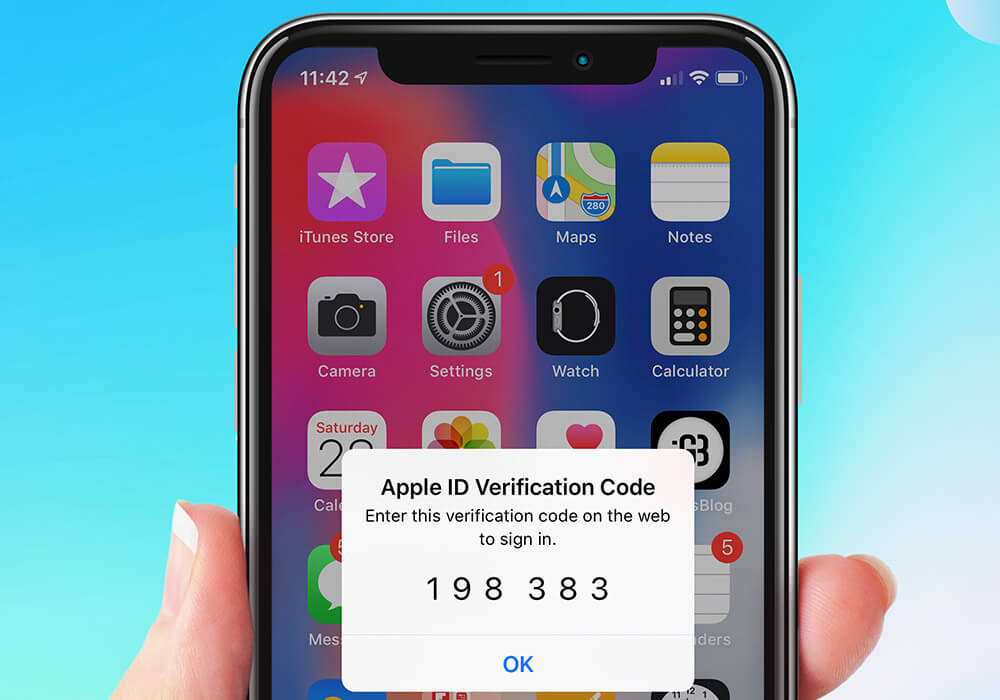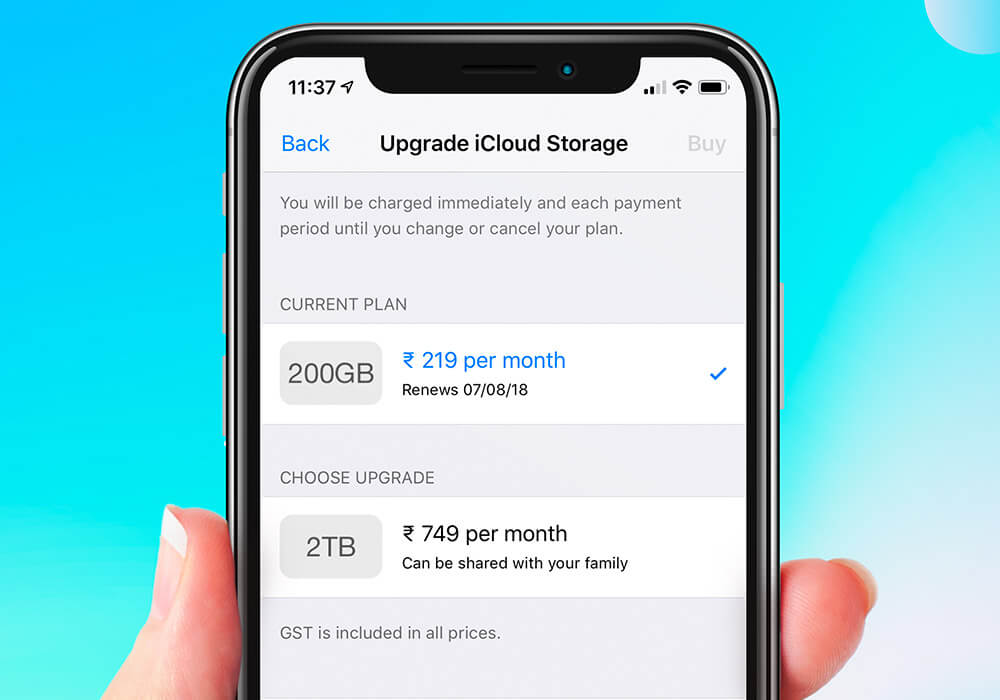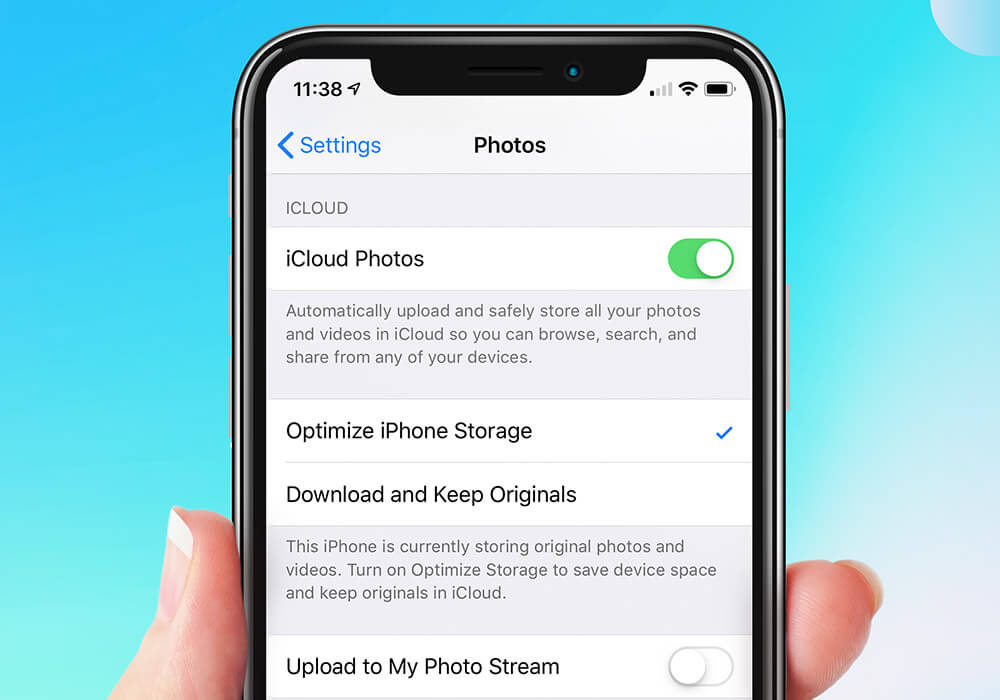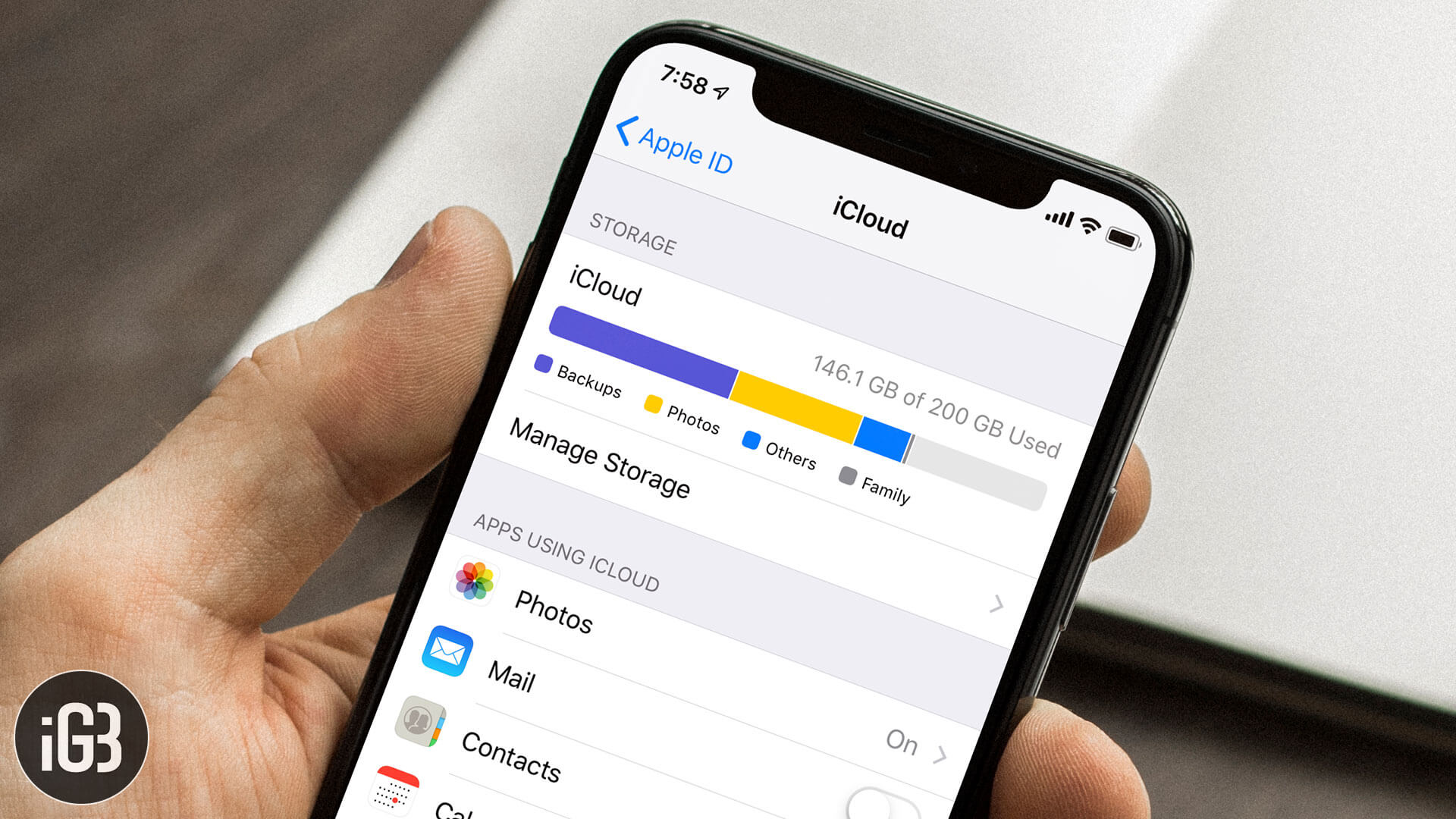Data storage is one of the biggest challenges faced by netizens across the world. Storing data locally on hard drives and computers have their benefits and drawbacks.
One of the major disappointments of using local storage solutions for users is data corruption. If malware or virus attacks the laptop or desktop computer, your valuable data is lost. Cloud storage provides a reasonable solution to the problem of storing big data.
iCloud Storage: SWOT Analysis
Given the widespread use of Apple devices, people’s obvious choice is iCloud as Apple offers strong integration with their devices. Apart from this unbreakable ecosystem, there is a lot that sets Apple apart from other cloud services. But wait! This SWOT analysis also underlines weaknesses and threats to iCloud, and not just its strengths and opportunities.
Strengths
Apple Integration

Time and again, I appreciate Apple’s ecosystem that makes its products unbeatable when it comes to safety and security of software and data. Each Apple device is well connected to each other, and your data transfer is as smooth as silk.
The backup of your iPhone or iPad is safely stored on your iCloud, and you can access the data from anywhere. Photos, documents, videos, notes, mail, calendar, reminders, and contacts – everything is synced on the cloud. Use your Apple ID and explore a whole gamut of features. For security, Apple allows you to set up two-factor authentication for Apple ID.
Competitive Pricing
If you consider the pricing of iCloud, Apple has managed to keep it competitive. There are three major rivals of Apple’s iCloud service: Google Drive, Dropbox, and Amazon Drive.

Google has an edge as it provides 15GB free cloud space to every user with a single Google account. Moreover, Google allows users to create more than one account; so practically, you can create more accounts to get more space. But then there is a limit.
Dropbox baffles users by its four upgrade options: Plus, Professional, Standard, and Advanced. To get more space on Dropbox, you have to go for its referral system. If you have a few friends (and if they are willing), you can earn nearly 16GB of free space on Dropbox.
Amazon Drive has probably not picked up that pace to outrun other cloud services. The relatively low-profile Amazon Drive is perhaps limited to Amazon users, i.e., Echo Devices, Kindle, Fire sticks, and others.
Apple keeps it simple. There are three plans: 50GB, 200GB, and 2TB. You have to pay $0.99, $2.99, and $9.99 respectively for each plan (monthly cost.)
Storage Optimization
This is something that makes Apple’s iCloud unique. It is a fact universally accepted that people love to store their sweet memories – photos & videos – for a long time. Now when you use Optimize iPhone Storage, it ensures that full-resolution photos and videos are stored in iCloud.

When you are running out of space on your iOS devices, you need to take a few easy steps to optimize your storage: Settings > Photos > Optimize iPhone Storage.
Once your storage is optimized, you will find some space on your iOS device.
Weaknesses
Slow Speed
This happens when you are backing up photos and videos on your iCloud Drive. It takes a lot of time for high-resolution photos to sync. If your phone doesn’t have enough space in iCloud, your iPhone backup will take either too much time, or it will be failed.
Many users never use iCloud backup, and when they use it for the first time, it takes a hell lot of time to back up the phone data. Once the initial backup is done, you should turn on automatic backups; those will be incremental backups and won’t take much time.
Poor Windows support
Windows receives step-motherly treatment from iCloud. With limited browser interface and poor iCloud client for Windows, users would never like to use this service on non-Apple products.
iCloud makes things complicated on Windows; it creates three separate folders on Windows instead of syncing photo library. The three folders are downloads, uploads, and shared.
On the Downloads folder, you won’t find previously downloaded photos added automatically. This restricts storage use and makes your photo library incomplete on Windows.
Aside from the above two weaknesses, iCloud doesn’t have email support, sharing is still in beta, and there is no file versioning.
Opportunities
With the rising use of Internet worldwide, users have moved from local storage to remote, server-based storing and processing. Earlier, we used to consume music and movies from local media, and now we are streaming our favorite music and movies from services like Netflix, Hotstar, and Amazon Prime.
This is a clear indication that cloud-based storage is likely to increase and will become cheaper. As more companies are investing in cloud infrastructure, the total amount of data stored with service providers will increase. Cisco expects an increase of global storage capacity from 600EB to 1.1ZB in 2018, that’s near twice the available storage of 2017.
Small and medium industries can set up customized storage solutions to their advantage of cost efficiency. For giant corporations, they can store big data in the cloud to analyze and derive insights that will help improve their business performance.
Internet of Things allows connected devices to communicate with each other; Apple has already created this ecosystem, and it will add more devices to its kitty. This will naturally increase the use of iCloud.
The Apple devices will not only become more connected but will also become more intelligent. Innovations, complex analysis, and insights stem from the combination of IoT and artificial intelligence, which further give birth to the Internet of Everything (IoE).
Threats
Security of data is a major threat for Apple iCloud. A data management infographic reveals, “46% of all businesses identified at least one cyber attack or breach in the last 12 months”. This number is likely to increase in the years to come.
All your physical devices are connected to iCloud; this means, they are exposed to the perils of hacking. On the other hand, hackers are developing sophisticated attacks. For Apple, security will be a life-long issue to fight with.
Apple has to invest more money to make sure that its iCloud services have strong protection against complex data breaches.
Your take?
Do you think Apple will tackle all the threats and weaknesses iCloud faces today? How much do you rate iCloud on the scale of 0 to 10, where zero is the worst and ten is the best?
You may also like to refer:
- How to Set Up iCloud Photo Sharing
- Change iCloud Storage Plan
- How to Create Shared Albums on Your Mac
- How to Share iCloud Photo Album with Anyone
Share your feedback with us in the below comment section.
🗣️ Our site is supported by our readers like you. When you purchase through our links, we earn a small commission. Read Disclaimer.

